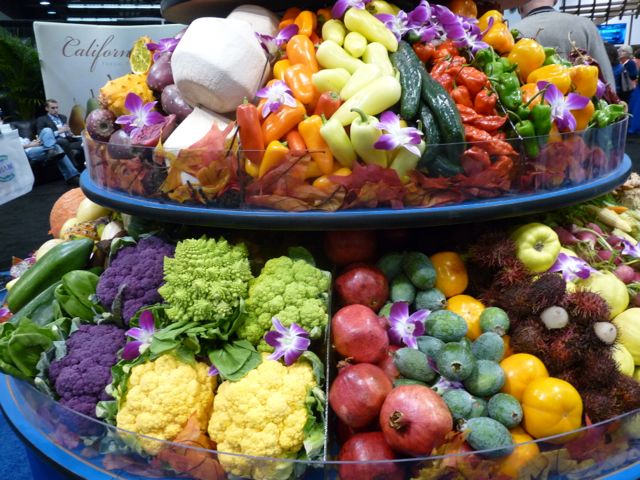USDA Announces New Support to Help Schools Purchase More Food from Local Farmers
By: Monique Bienvenue; Cal Ag Today Social Media Manager/Reporter
Agriculture Secretary Tom Vilsack announced that more than $5 million in grants will be given to 82 projects that support the U.S. Department of Agriculture’s (USDA) efforts to connect school cafeterias with local farmers and ranchers through its Farm to School Program. The program helps schools purchase more food from local farmers and ranchers in their communities, expanding access to healthy local food for school children and supporting local economies.
According to USDA’s first-ever Farm to School Census released earlier this year, school districts participating in farm to school programs purchased and served over $385 million in local food in school year 2011-2012, with more than half of participating schools planning to increase their purchases of local food in the future.
“USDA is proud to support communities across the country as they plan and implement innovative farm to school projects,” said Vilsack. “These inspiring collaborations provide students with healthy, fresh food, while supporting healthy local economies. Through farm to school projects, community partners are coming together to ensure a bright future for students, and for local farmers and ranchers.”
Secretary Vilsack made this announcement at Common Market, a pioneering food hub in Philadelphia that connects wholesale customers to farmers in New Jersey, Pennsylvania and Delaware. Common Market is receiving a grant to support their “An Apple a Day” Program. The facility will act as a bridge between Pennsylvania Family Farms, a small Pennsylvania value-added processor, and public charter schools to provide food safety, product development, packaging, educational, marketing, planning, ordering and delivery support to farm and school food service partners.
Together, Common Market and the other selected projects will serve more than 4,800 schools and 2.8 million students, nearly 51 percent of whom live in rural communities.









